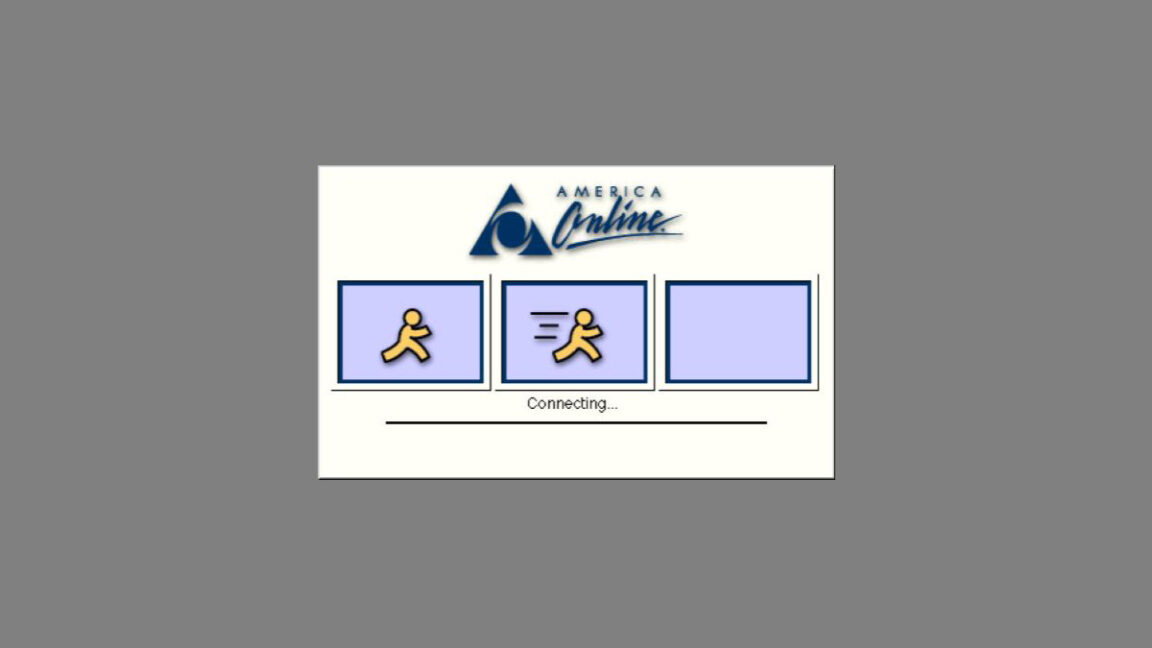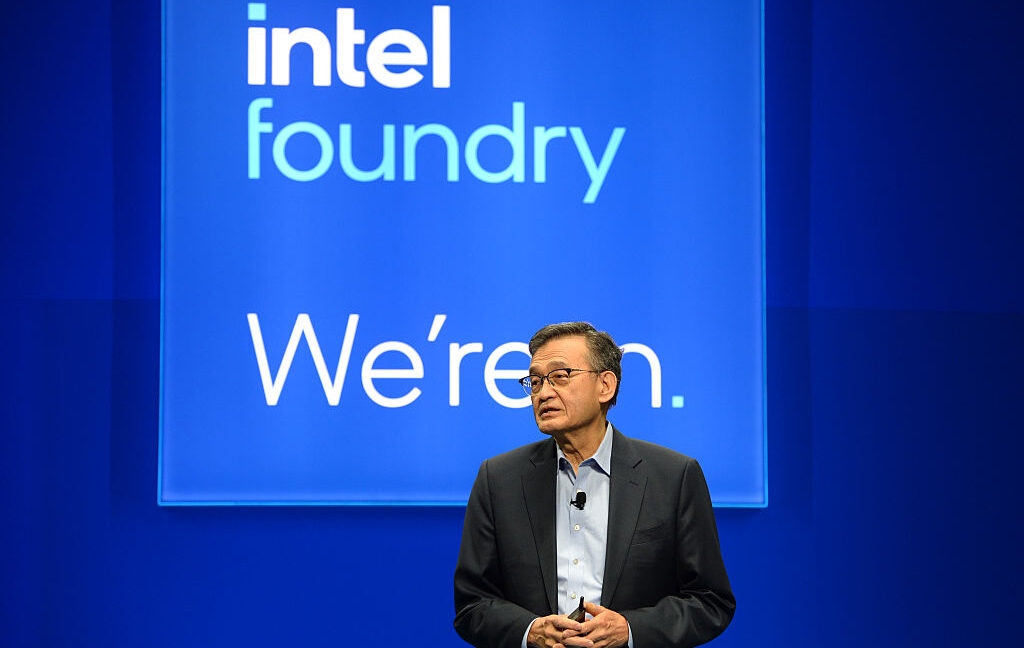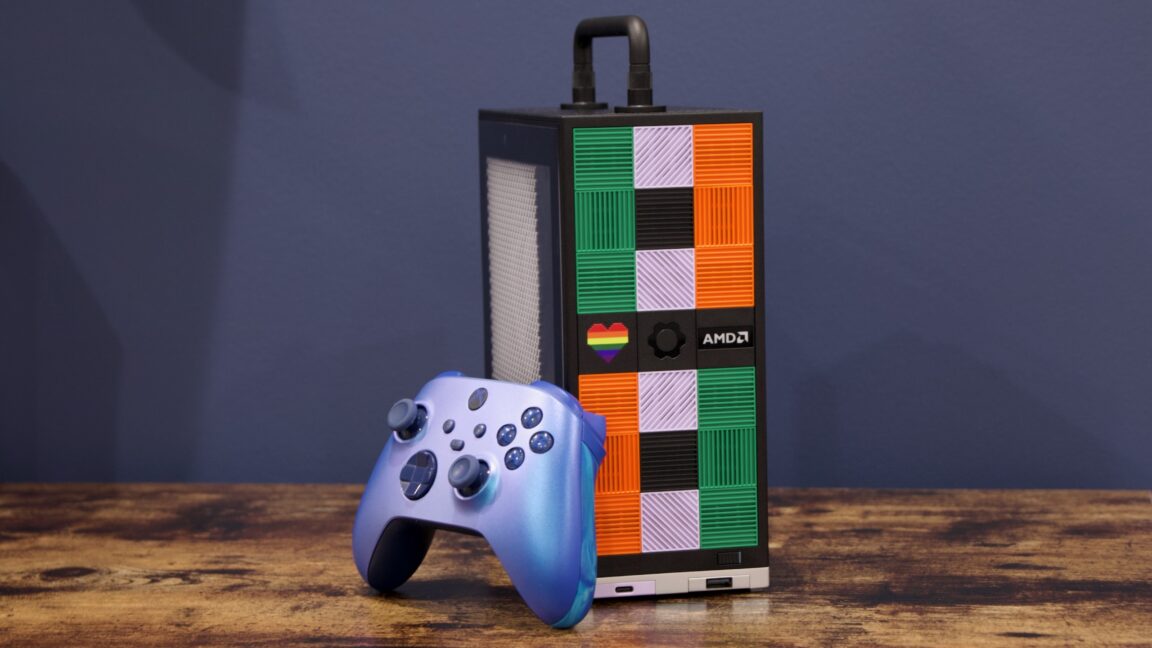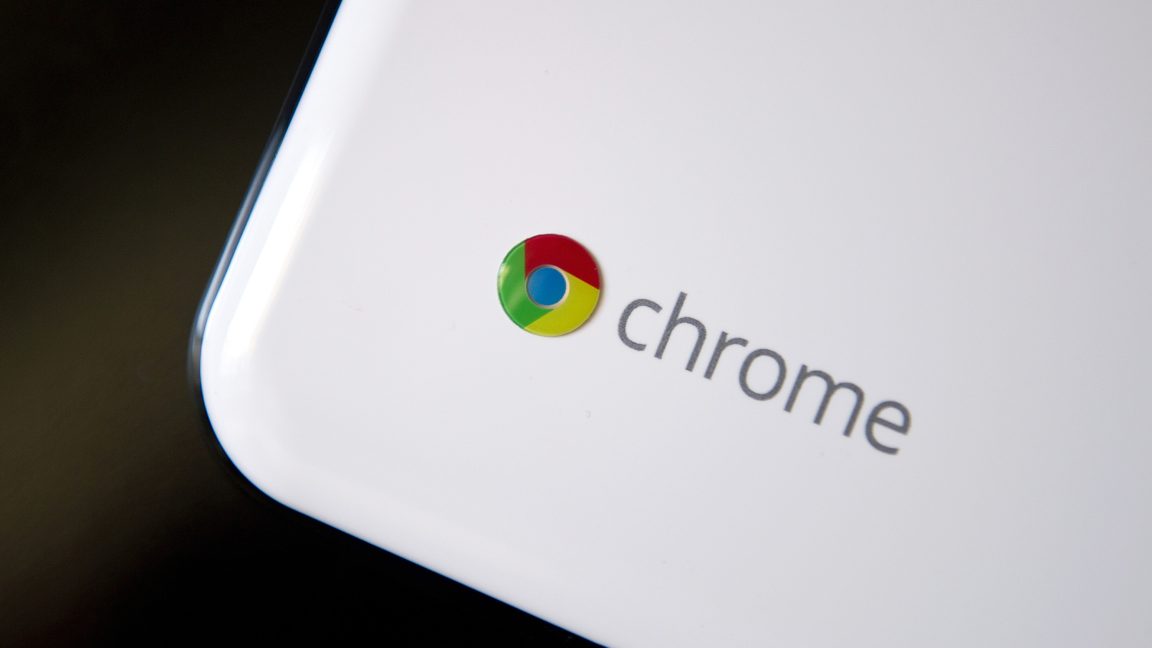AOL Announces Closure of Dial-Up Internet Service in 2025

After a long history of connecting users with the Internet through telephone lines, AOL has announced that it will be shutting down its dial-up modem service on September 30, 2025. This marks the end of a significant technology era that introduced millions to the World Wide Web during the 1990s and early 2000s.
AOL informed customers about the shutdown with a message indicating that the company routinely evaluates its services and has decided to deactivate dial-up Internet, including AOL Dialer software and the AOL Shield browser. This shift reflects the ongoing evolution towards high-speed internet access as dial-up becomes increasingly obsolete.
Originally launching as "America Online" in 1991, AOL served as a closed commercial online service. The service eventually grew to provide true Internet access starting in 1994, becoming a major conduit for web access until the rise of broadband led to its decline.
Despite the decline in dial-up usage, AOL continued to maintain the service, particularly catering to those in rural areas where broadband remains unavailable or too costly. The legacy service is now considered impractical due to the modern web's demand for higher speeds, driving the company's decision to finally discontinue it.
In areas lacking broadband infrastructure, alternatives like satellite Internet are available, though they come with limitations like data caps and higher latency compared to traditional broadband connections.
The discontinuation of AOL's dial-up service underscores the digital divide in the US, where urban areas enjoy high-speed connections while some rural regions still rely on outdated technology. The gap between dial-up and modern internet speeds is significant, with dial-up offering 56 kbps compared to today's fiber connections, which can be over 500 Mbps.
AOL's decision marks the end of a cultural era defined by the distinctive modem sounds and "You've Got Mail" notifications. It also highlights the evolution from corporate-curated portals to more open web exploration.
As AOL shifts away from dial-up, other niche providers may continue to offer similar services in regions where no better options exist, but the end of AOL's service will challenge many to find suitable alternatives, potentially exacerbating the digital divide.



